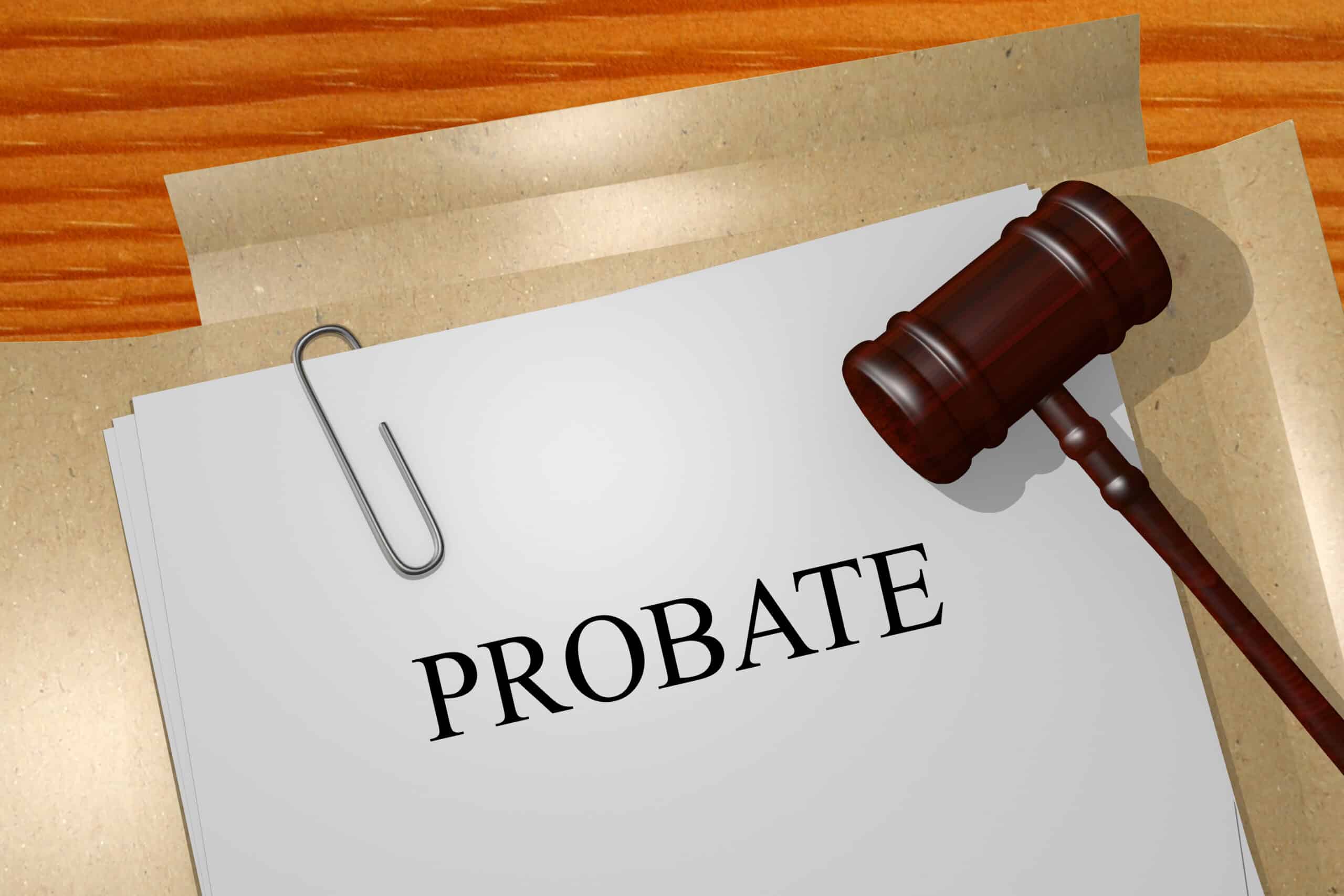Law
Get Charges Reduced With An Attorney Experienced In Drug-Related Defense Law
When you are facing drug charges, it can be quite hard to deal with them without the right legal help. From your first court appearance to possible plea discussions, every choice you make is important. If you work with a drug crimes attorney Parsippany NJ, you can look into legal defenses that might lower or even drop the accusations against you.
Building A Strategic Legal Defense
Every drug case has its own set of facts that affect the outcome.
- Look at how arrests are made to see if they break the law
- Question search warrants or issues with probable cause
- Check the evidence for contradictions or a lack of substance
A good defense lawyer finds holes in the prosecution’s case and uses them to your advantage.
Understanding Potential Case Outcomes
Not every case ends with jail time or harsh punishments.
- Try to get a lower charge by negotiating early on
- Look at diversion or probation as options
- Negotiate a good plea deal based on the strength of your case
Every case is different, and a qualified lawyer will provide you realistic choices based on your situation.
Experience That Makes A Difference

When you hire a drug crimes attorney Parsippany NJ, you get immediate access to legal experience that is important.
- Knowing how things work in the county and how the law works
- Knowing the judges and prosecutors who deal with drug cases
- Understanding how sentences are handed down and what they mean
These benefits can assist your case in going in a better path toward a conclusion.
Can Charges Be Reduced?
Is it really feasible to make drug accusations less serious? Yes, especially if you have a lawyer who knows the allegations and how to fight them. A lawyer can bargain for fewer charges, fight to get rid of evidence that isn’t relevant, or find ways to settle your case without going to court. Taking legal action early gives you a better chance of getting a better result.
Taking The Right First Step
The first step in picking the correct defense plan is to choose the right lawyer. Someone who knows how to protect your rights at every step should pay close attention to your case. If you have a strong legal representative, you can cut down on uncertainty and concentrate on developing a defense that puts your future first.
What Probate Lawyers Do and Why You Might Need One?
The legal procedure of processing a death can get convoluted and taxing. The legal procedure known as probate is the distribution of a deceased person’s assets either in line with their will or, in case of no will, in line with state legislation. The probate lawyers brisbane focus in negotiating these difficult procedures to guarantee that all legal requirements are satisfied and that the desires of the deceased are honoured. Hiring a probate attorney will greatly affect how smoothly the estate is distributed whether your estate is straightforward or one with conflicts.
Probate: Definition and Interpretation
The legal process known as probate is by which the court validates a deceased person’s will and distributes their assets. Should there be no will, the court decides based on state rules how the estate will be distributed. The procedure consists on proving the will, settling any taxes or debt, and distributing the last assets to recipients. Particularly if there are disagreements over the will or if assets are difficult to split, probate can be time-consuming and complex.

Probate Lawyers’ Part:
Ensuring proper handling of the probate process depends much on probate lawyers. They guarantee all bills and taxes are paid, help to validate the deceased’s will, and direct the executor of the will in handling the estate’s assets. Whether from creditors or beneficiaries, these attorneys are also adept in handling any conflicts that could surface during the probate procedure. Their knowledge guarantees that the process is as seamless and effective as it might be, so lowering the possibility of mistakes that can create delays or legal difficulties.
Reasons You Might Want a Probate Lawyer
Although some modest estates might not call for a probate attorney, more complicated or bigger estates usually gain from their experience. Should the estate comprise real land, business interests, or investments, a probate attorney can help to value and distribute these assets. A probate attorney can assist to settle family member or beneficiary disagreements about the will. A probate attorney can also help to minimize problems and guarantee that the estate conforms with all legal requirements whether the deceased’s estate is significantly indebted or if there are major tax obligations.
Negotiating the probate process without legal advice could result in expensive errors and needless delays. Essential services in administering the distribution of estates, guaranteeing that the desires of the deceased are fulfilled, and thereby reducing conflicts among beneficiaries are offered by probate lawyers in Brisbane Whether your estate is complicated, you are a beneficiary or executor, or you are handling a simple estate, probate lawyers brisbane can offer the knowledge required to effectively handle the legal matters.
Maximize Your Inheritance with the Help of Expert Probate Attorneys
Regarding maximizing and safeguarding your inheritance, the process sometimes seems daunting. Negotiating the complexities of probate law, knowing the wording of a will, and making sure your assets are divided fairly call for knowledge. Here is where knowledgeable probate lawyers find value. Working with experts in this area will help you to ensure that your inheritance is managed legally, practically, and in a way that best values your estate. Websites such as https://www.losangelesprobateattorneys.com provide the direction and help required to guarantee that your rights are safeguarded and streamline the probate process.
Simplify the Probate Process
Probate can be a time-consuming and complicated process. The legal jargon, documentation, and deadlines associated with managing an estate may overwhelm many people. But hiring seasoned probate lawyers helps you to negotiate the process considerably more easily. From drafting paperwork with the court to corresponding with creditors and beneficiaries, these lawyers can manage all facets of probate. Working with probate attorneys helps you to guarantee that every action is handled with care and attention to detail, therefore avoiding common mistakes and guaranteeing the estate is resolved in line with the intentions of the departed.
Protect Your Assets and Interests

Making sure your inheritance is safeguarded is one of probate lawyers’ primary responsibilities. If needed, this can entail challenging a will, making sure all taxes and debts are paid correctly, and verifying correct asset distribution. Sometimes heirs get into arguments; having a probate attorney on your side will help you prevent problems and guarantee a fair and equitable transfer of assets. If the estate is sizable, if there are complex assets involved, or if one questions the legitimacy of a will or trust, an attorney’s knowledge can be especially helpful.
Strategic Planning for Maximum Inheritance
Dealing with probate lawyers also helps you forward-plan. A knowledgeable attorney can guide you through the process of establishing trusts or other long-term mechanisms protecting your inheritance and provide advice on techniques to reduce taxes on the estate. https://www.losangelesprobateattorneys.com provides comprehensive services to not only handle the instantaneous needs of probate but also to offer tactical tips that help you maximize the value of your inheritance. Maximizing your inheritance calls for thoughtful preparation, strategic advice, and professional direction—not only legal knowledge. Working with seasoned probate lawyers can help you to guarantee careful handling of your inheritance by professionalism. These professionals are great at guiding you to get the best potential result, whether your goals are future planning, asset protection, or probate process navigation.
Rydding dødsbo Oslo Sustainable Estate Management
Introduction: As the world grapples with the challenges of climate change, sustainability has become a critical aspect of estate management in Oslo, Norway. Rydding dødsbo Oslo, a leading inheritance law firm, has been at the forefront of promoting sustainable estate management practices. This essay provides an overview of the trends and strategies in sustainable estate management in Oslo, with a focus on Rydding dødsbo Oslo’s approach.
- Trends in Sustainable Estate Management
Increased Focus on Environmental Sustainability:
There is a growing awareness of the need to protect the environment, and this has led to a shift towards sustainable estate management practices. Rydding dødsbo Oslo advises clients on how to reduce their environmental footprint through sustainable land use practices, such as reforestation and conservation.
Integration of Social and Governance Factors:
Sustainable estate management goes beyond environmental considerations and includes social and governance factors. Rydding dødsbo Oslo emphasizes the importance of considering the social and governance implications of estate management decisions, such as the impact on local communities and the role of governance structures.
Incorporation of Technology:

Technology is playing an increasingly important role in sustainable estate management, with tools such as remote sensing and data analytics enabling more efficient and effective management. Rydding dødsbo Oslo advises clients on how to leverage technology to improve sustainability outcomes.
Focus on Long-Term Sustainability:
Sustainable estate management is not just about short-term gains but rather about long-term sustainability. Rydding dødsbo Oslo emphasizes the importance of considering the long-term implications of estate management decisions and ensuring that they are aligned with the client’s long-term goals.
- Strategies for Sustainable Estate Management
Establishing Sustainable Land Use Practices:
Rydding dødsbo Oslo advises clients on sustainable land use practices, such as reforestation, conservation, and sustainable agriculture. This can involve developing management plans that prioritize environmental sustainability while also considering social and economic factors.
Implementing Sustainable Water Management Practices:
Water is a critical resource, and sustainable water management practices are essential for estate management. Rydding dødsbo Oslo advises clients on how to manage water resources sustainably, including through the use of rainwater harvesting and greywater reuse systems.
Promoting Biodiversity:
Biodiversity is essential for maintaining ecosystem services and ensuring long-term sustainability. Rydding dødsbo Oslo advises clients on how to promote biodiversity through sustainable land use practices, such as creating wildlife corridors and protecting habitats.
Conclusion
Sustainable estate management is a critical aspect of estate planning in Oslo, Norway, and Rydding dødsbo Oslo is at the forefront of promoting sustainable practices. By understanding the trends and strategies in sustainable estate management, individuals and families can ensure that their estates are managed in a responsible and sustainable manner, both for current and future generations.




